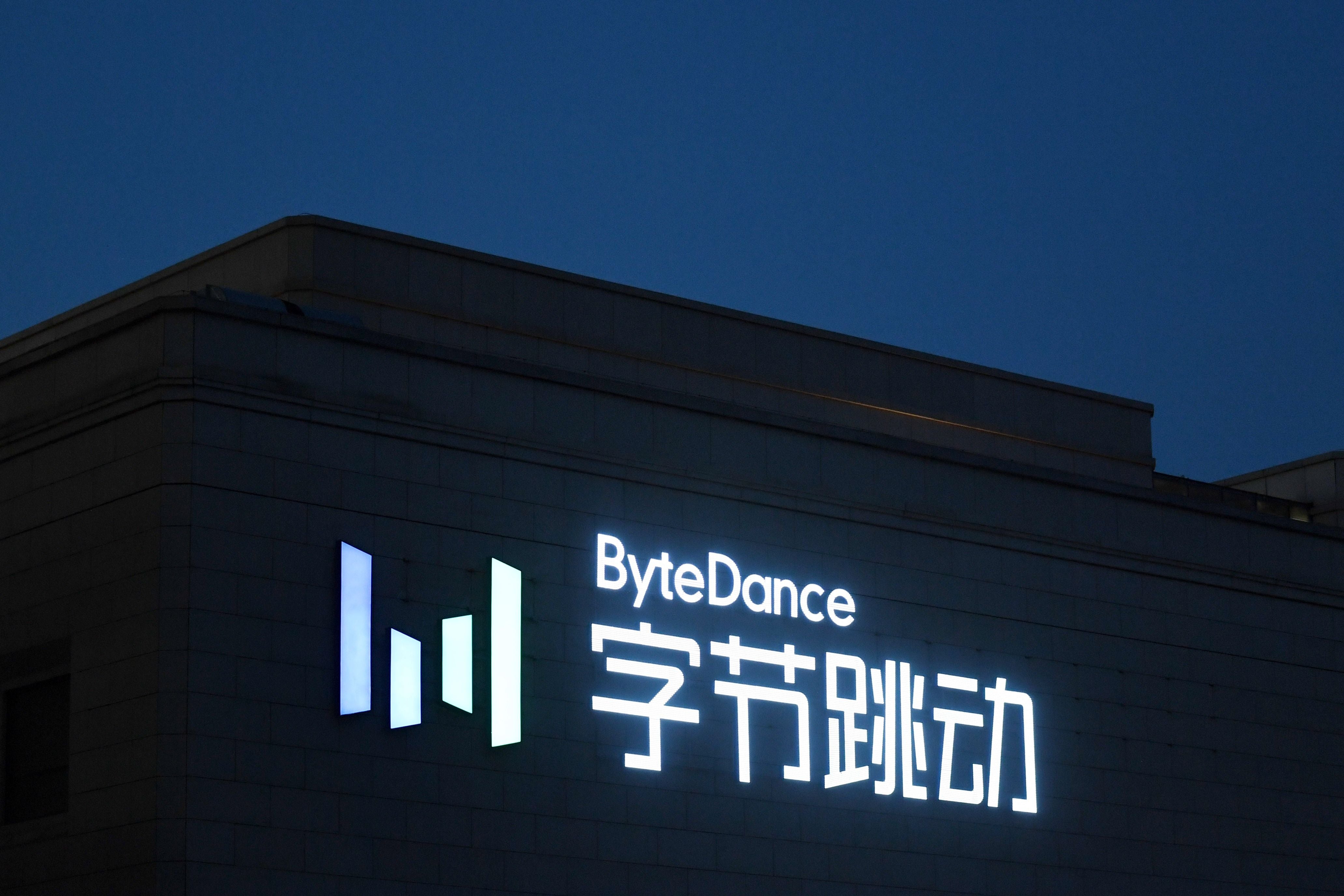Chinese tech firms put curbs on weekend overtime ‘to boost fertility rate’
The infamous ‘9-9-6’ work culture is held responsible by many for China’s dwindling fertility rate

Chinese tech companies are increasingly making efforts to dispense with the country’s weekend overtime culture, in a bid to improve employees’ work-life balance.
ByteDance, the Chinese tech firm that owns video sharing app TikTok, joins two other tech firms that cancelled their overtime work policy recently. The move is aimed in part towards helping China achieve its national objective of increasing a dwindling fertility rate.
The policy is scheduled to come into full force from 1 August this year.
These changes to work culture come at a time when there is increasing pressure among the workforce to adhere to the infamous “9-9-6” schedule – or working from 9am to 9pm, six days a week.
Another phenomenon, the culture of “nei juan” has been held responsible for the country’s falling fertility rate that dropped to an all-time low of 1.3 last year, far below the replacement rate of 2.1. Young couples feel increasingly burdened by this phenomenon, according to The Strait Times.
“Nei juan” is when couples feel pressured to compete with other people to not feel left behind. Experts said cutting back on overtime culture will lessen the “nei juan” that Chinese workers feel.
“This is discouraging young couples to have children,” Bo Zhengyuan, an analyst with consultancy firm Phenum.ai told the media.
The Strait Times reported that the objective behind scrapping overtime work culture is “in line with the national objective of raising the dwindling number of newborns, and to play catch-up with labour laws”.
Chinese tech firms Kuaishou and Lightspeed & Quantum Studio announced similar policy changes two weeks ago and last month respectively. While Kuaishou is a competitor of ByteDance, Lightspeed & Quantum Studio is a video game developer that runs the popular game PUBG. Both firms are backed by Tencent, one of China’s largest multinational companies.
Kuaishou, however, says employees who happen to work overtime would “still get paid double on weekends and triple on holidays”.
The announcements by the tech firms soon became a topic of debate on the Chinese social media platform Weibo. One user commented: “If labour laws were useful we wouldn’t see this news.”
Shanghai-based analyst Shan Guo, speaking to the Financial Times, referred to a call from the country’s president Xi Jinping to “strengthen protection of workers”.
“After President Xi called to ‘prevent the disorderly expansion of capital’ last year and ‘strengthen protection of workers’ in April, it would be difficult for policymakers to keep a blind eye to tech giants’ labour practices, since the overtime policy benefits capital-owners more than workers,” she said.
The death of two employees at e-commerce company Pinuoduo in January this year added fuel to an already brewing conversation about overtime culture as well. Chinese tech firms are increasingly grappling with workers’ complaints about mistreatment and overtime.
But Liu Erduo, a labour expert from Renmin University, was quoted by local media as saying that “if companies are going to cut employees’ benefits or maintain the amount of work that staff is given, then it defeats the purpose of the change”.
As per the labour laws of the country, workers are supposed to work no more than eight hours a day and 44 hours a week on average.
The “9-9-6” culture, however, has an ally in Jack Ma, the founder of online marketplace Alibaba. In 2019, he called it a “huge blessing”.
“Many companies and many people don’t have the opportunity to work 9-9-6. If you don’t work 9-9-6 when you are young, when can you ever work 9-9-6?” he said.
Join our commenting forum
Join thought-provoking conversations, follow other Independent readers and see their replies
Comments
Bookmark popover
Removed from bookmarks